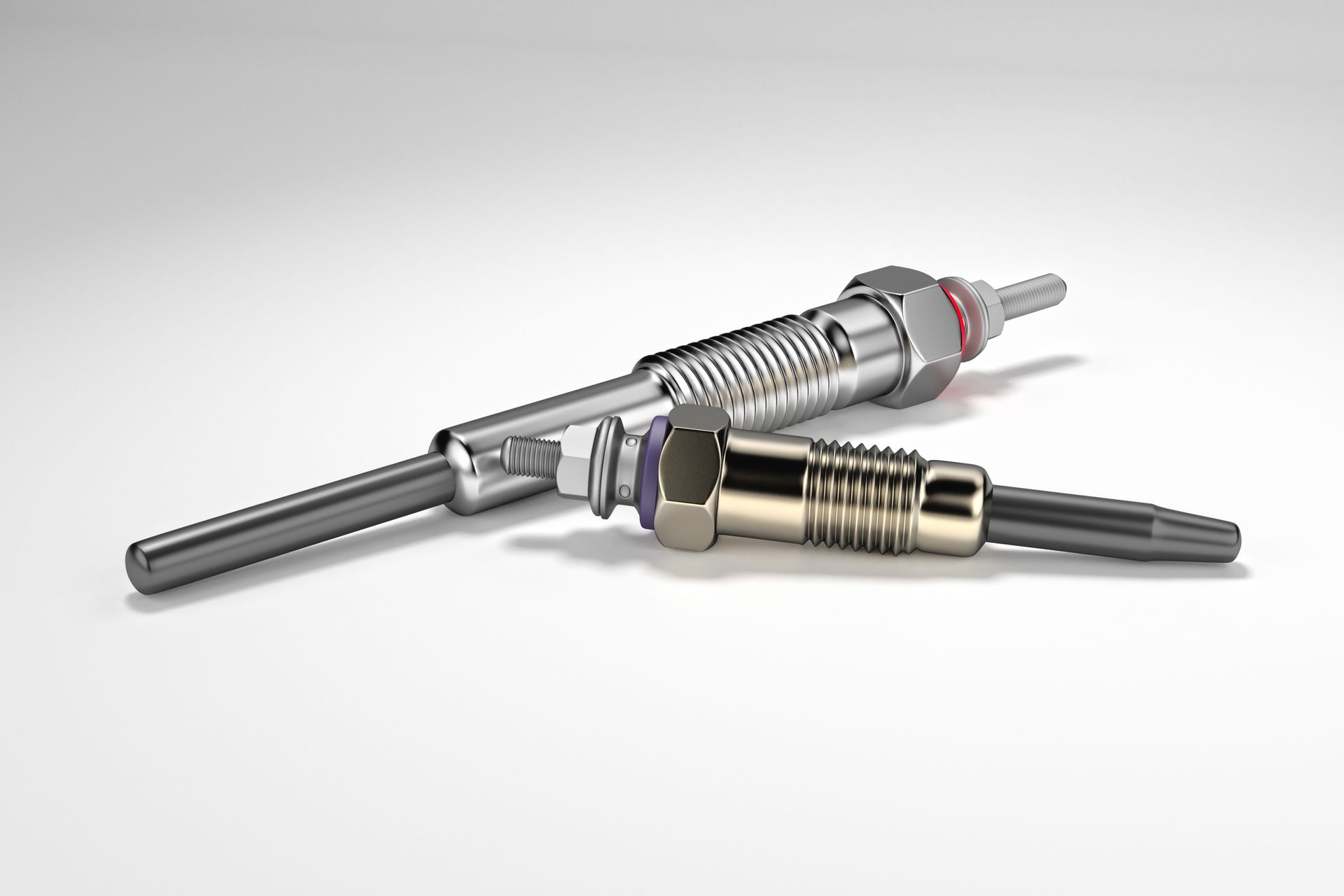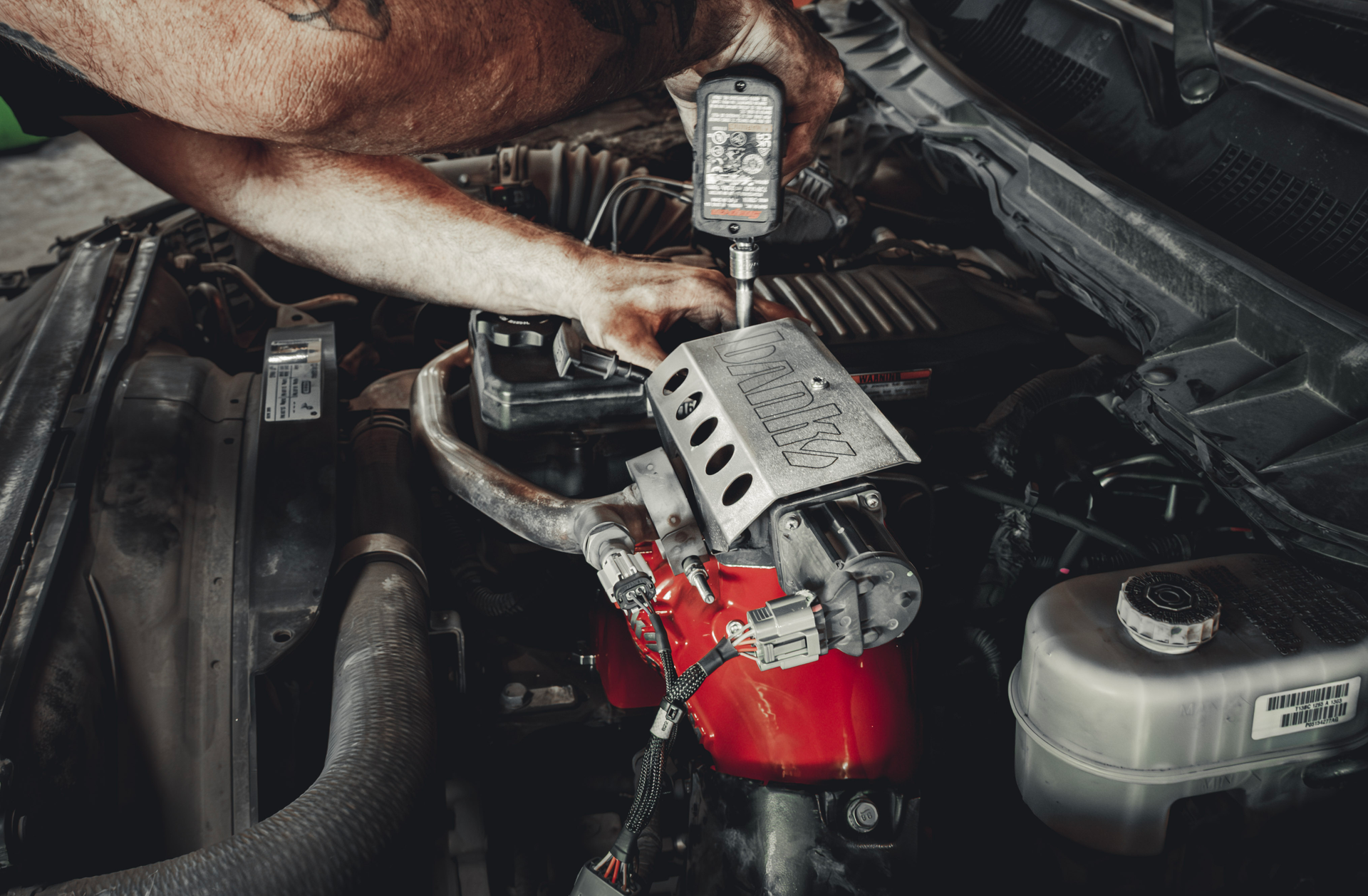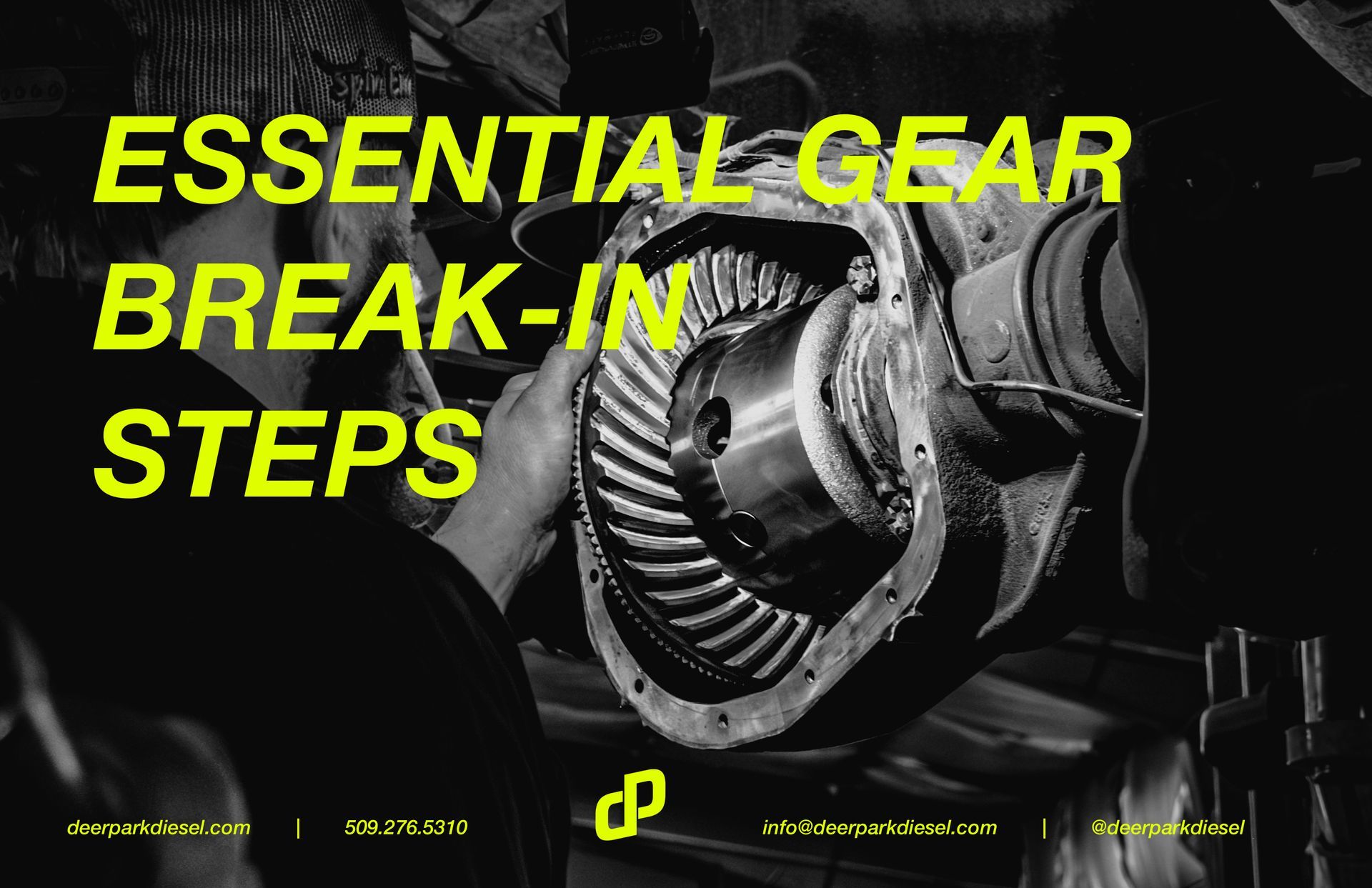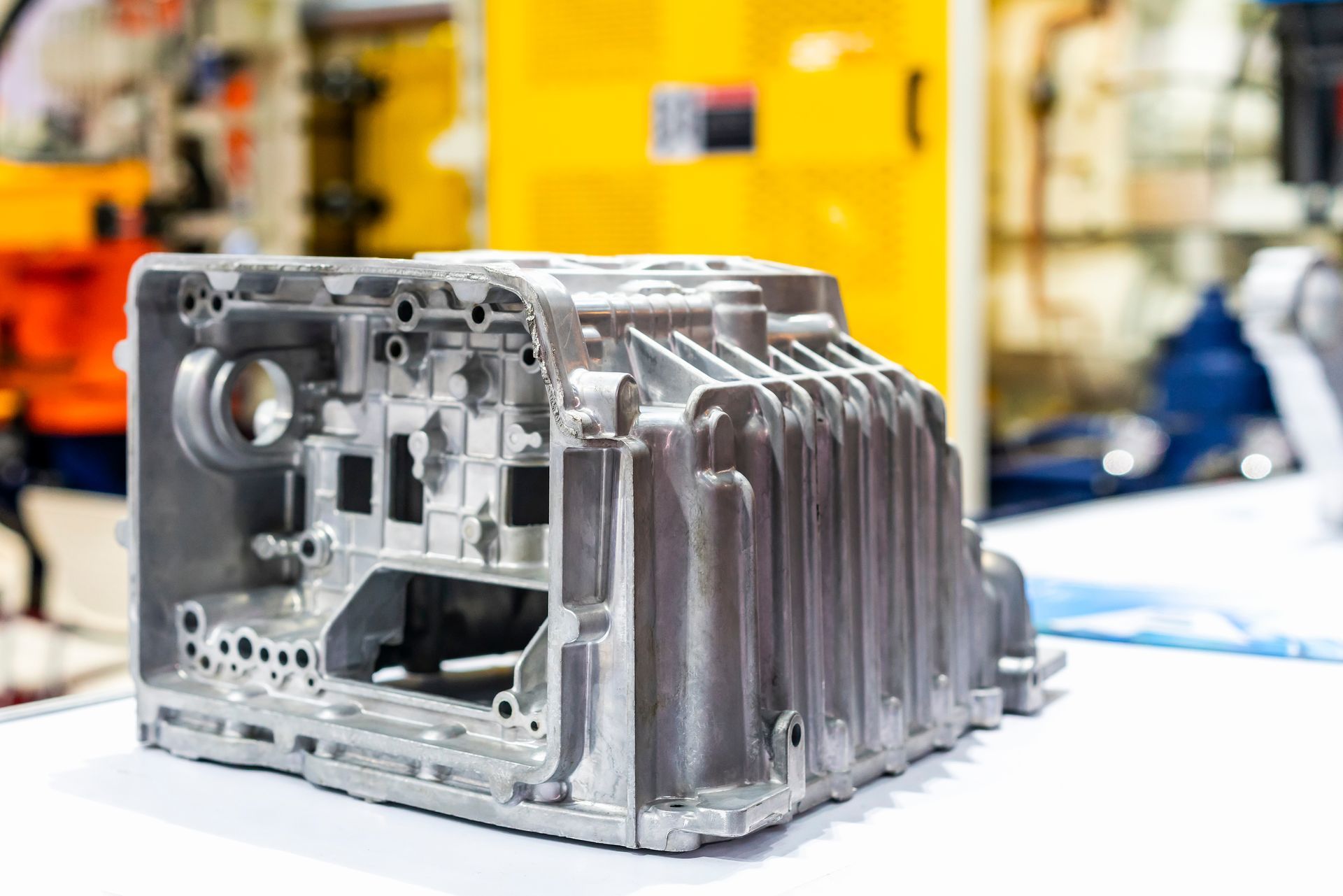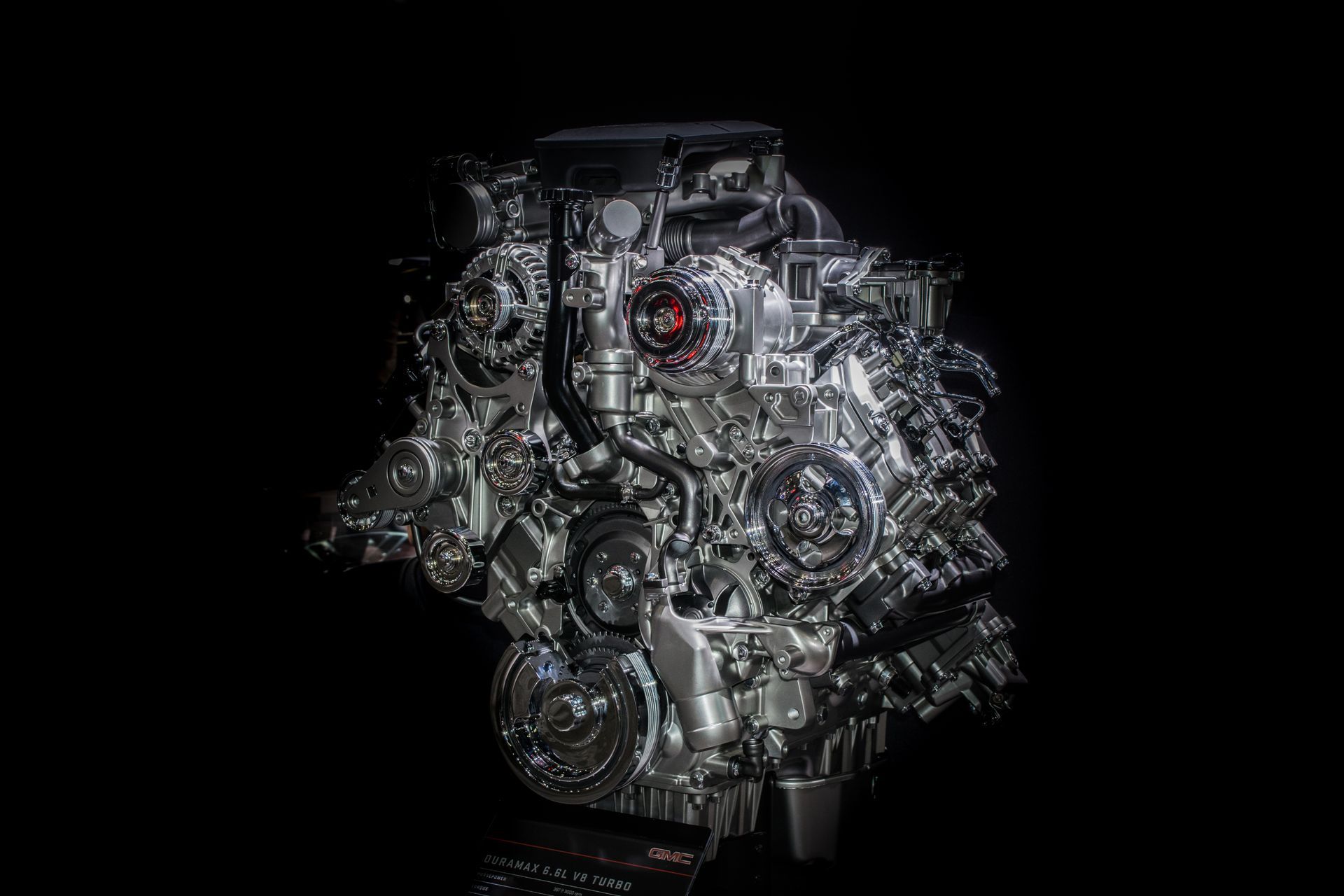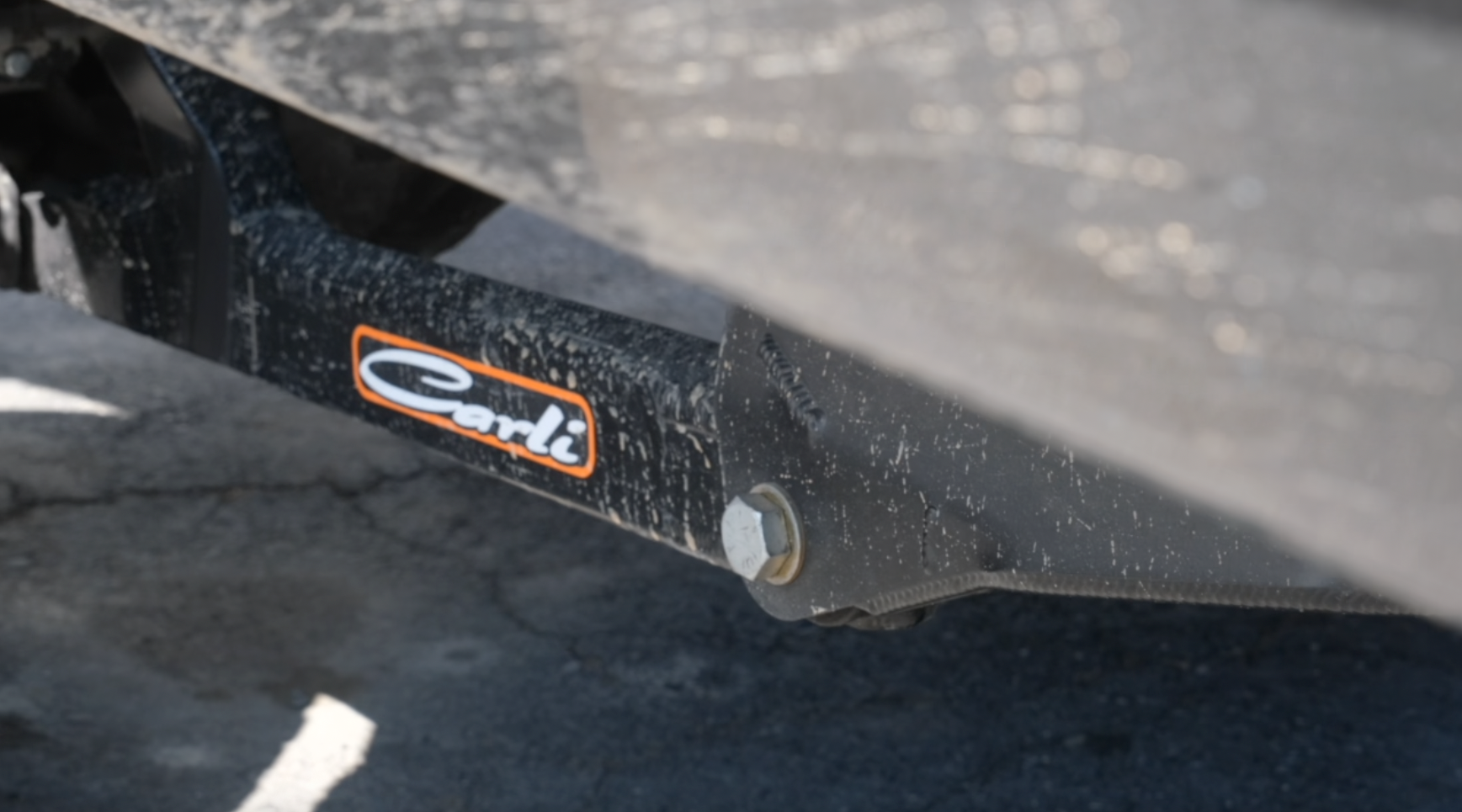Diesel engines are known for their durability and ability to handle heavy workloads. However, they require proper care to perform at their best, and one of the most critical aspects of maintenance is choosing the right engine oil. Have you ever wondered why synthetic oil is often recommended for diesel engines? It’s not just a marketing gimmick. Synthetic oil offers tangible benefits that can enhance the performance and longevity of your engine.
What Sets Synthetic Oil Apart
Synthetic oil isn’t your average engine lubricant. Unlike conventional oil, which is derived from crude oil, synthetic oil is engineered in a lab to meet specific performance standards. It’s designed to withstand extreme conditions, maintain stability over time, and provide consistent lubrication, even in demanding environments.
This precision manufacturing process ensures that synthetic oil offers a level of quality and reliability that conventional oils simply can’t match. For diesel engines, which often operate under higher stress than gasoline engines, these advantages can make all the difference.
Enhanced Engine Protection
Diesel engines generate a lot of heat and pressure, and this can break down conventional oils, reducing their ability to protect engine components. Synthetic oil, however, is formulated to resist thermal breakdown, ensuring that it maintains its protective properties even under intense heat.
By forming a consistent, durable film over engine parts, synthetic oil minimizes wear and tear. It also contains fewer impurities than conventional oil, which means it’s less likely to form sludge or deposits that can clog up your engine. Over time, this added protection helps your diesel engine run cleaner and last longer.
Better Performance in Extreme Temperatures
Whether you’re starting your truck on a freezing winter morning or hauling a heavy load under the scorching summer sun, synthetic oil performs reliably.
- Cold Weather: Synthetic oil flows better at low temperatures, ensuring that your engine gets the lubrication it needs right from the start. This can make starting your diesel engine in cold weather much easier and reduce wear during the initial moments of operation.
- High Heat: In hot conditions, synthetic oil retains its viscosity, providing consistent protection even when the engine is under heavy strain.
This adaptability ensures that your diesel engine operates efficiently regardless of the weather or workload.
Extended Oil Change Intervals
Nobody enjoys frequent oil changes, and you won’t have to with synthetic oil. Because synthetic oil is more resistant to breakdown, it can last significantly longer than conventional oil. This means fewer oil changes, saving you time and money in the long run.
Of course, how often you need to change your oil depends on factors like your driving habits and the manufacturer’s recommendations, but synthetic oil often outperforms conventional options in terms of longevity.
Is Synthetic Oil Right for Your Diesel Engine
Despite its benefits, synthetic oil isn’t a one-size-fits-all solution. It’s generally more expensive than conventional oil, so it’s important to weigh the costs against the benefits. Synthetic oil is often worth the investment for high-performance or heavy-duty diesel engines due to its superior protection and efficiency.
However, if you primarily use your diesel vehicle for light-duty tasks or short trips, the benefits of synthetic oil might not be as noticeable. Consulting your vehicle’s manual or a trusted technician can help you decide what’s best for your engine.
Take care of your diesel engine with the best care available. Visit
Deer Park Diesel for expert oil changes and maintenance services. Call us today to schedule an appointment!



